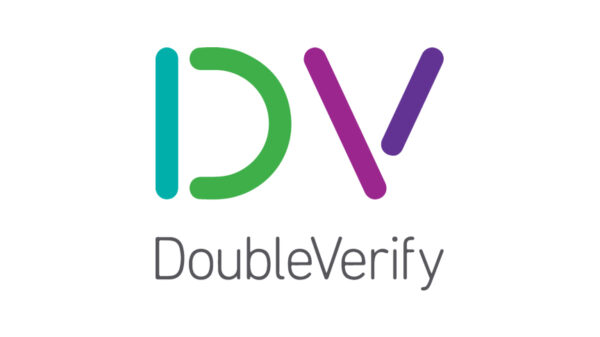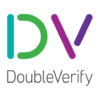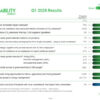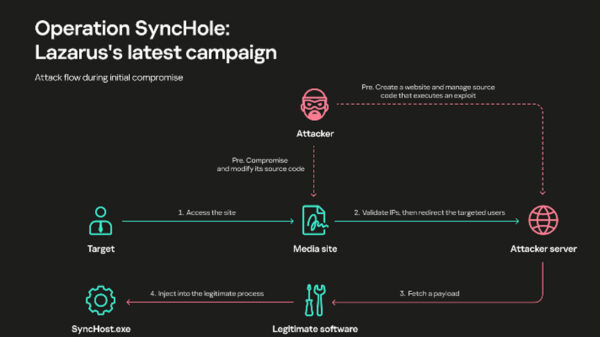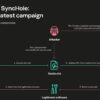As World Cup fever ratchets up, it’s natural to want to watch as many games as possible.
If football fans are not near a TV when the game they want to see is on, they are probably tempted to find a place to stream it online – and make their work day doubly productive by working in one web browser and streaming FIFA action in another.
But be forewarned as Kaspersky Lab researcher Dmitry Bestuzhev detailed that many of the websites that claim to be World Cup streaming services will harm the system and can steal credit card information, if users will let them.
The least malicious of these programs will require users to download drivers that are supposedly proprietary video player plugins.
These may or may not provide video feeds to the games, but in a best case scenario the least harmful among them will also include adware that can monitor the users’ online activity to send them more ads while draining their system’s resources.
 Other programs, tell users that all they need to do to access any game at any time is to download their program – and provide their credit card information.
Other programs, tell users that all they need to do to access any game at any time is to download their program – and provide their credit card information.
It should be a huge red flag to the user. Such sites are bogus, and are simply trying to steal the user’s money.
The bottom line is that the only safe way to watch the World Cup games is on a television or by logging in through an authenticated cable service provider (in the U.S. this is ESPN.com) subscriber login. U.S. users can also stream games for free on Univision.com.
Any other supposed World Cup streaming service is highly likely to include harmful software.
Of course, this is hardly the only World Cup-related Internet scam around. Cybercriminals are attracted to global events of all kinds, and the action in Brazil is a goldmine for would-be thieves.
Users should treat all online FIFA-related promotions, programs and advertisements as highly suspicious.


